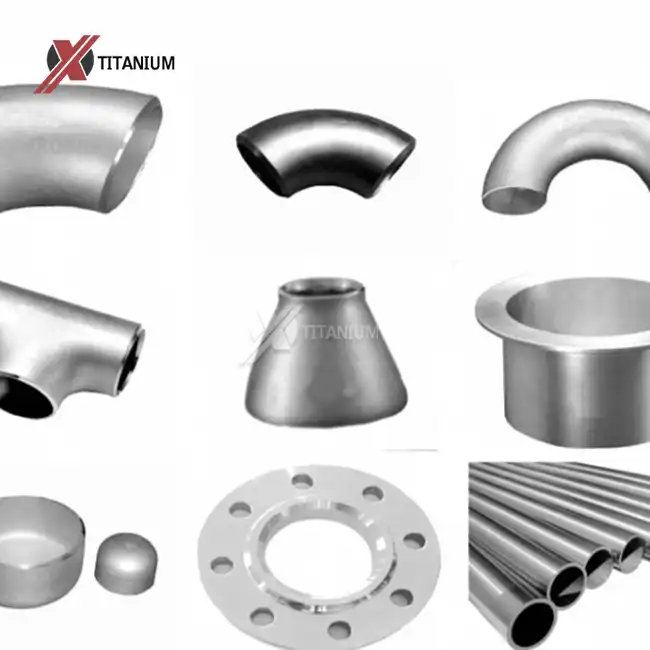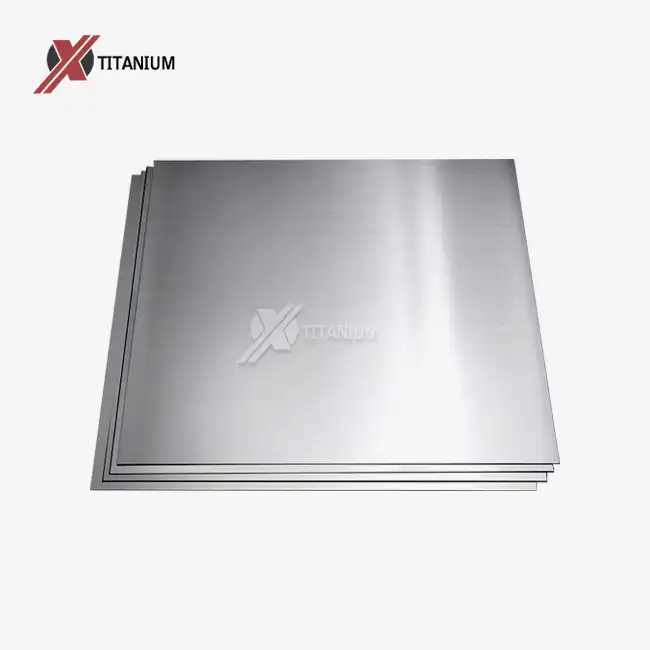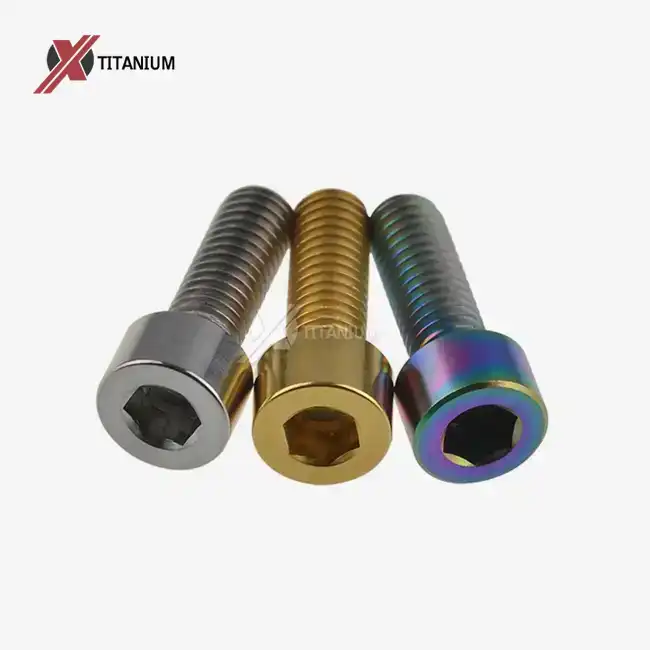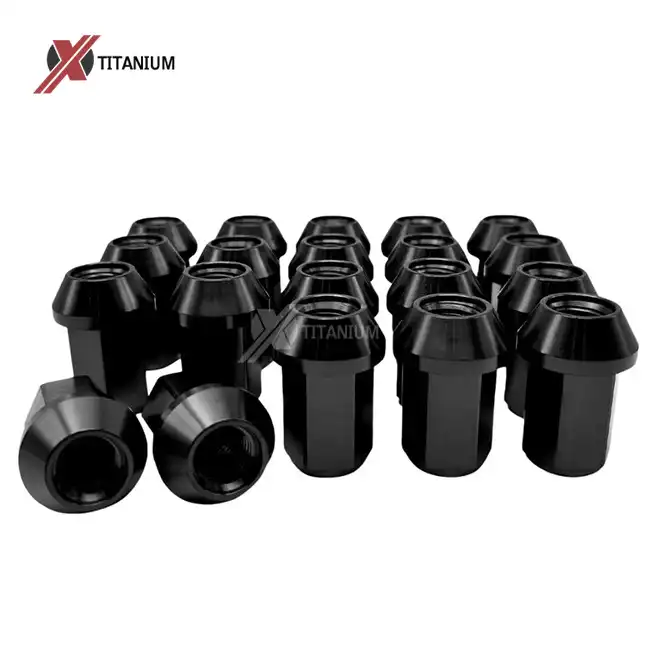- English
- French
- German
- Portuguese
- Spanish
- Russian
- Japanese
- Korean
- Arabic
- Greek
- German
- Turkish
- Italian
- Danish
- Romanian
- Indonesian
- Czech
- Afrikaans
- Swedish
- Polish
- Basque
- Catalan
- Esperanto
- Hindi
- Lao
- Albanian
- Amharic
- Armenian
- Azerbaijani
- Belarusian
- Bengali
- Bosnian
- Bulgarian
- Cebuano
- Chichewa
- Corsican
- Croatian
- Dutch
- Estonian
- Filipino
- Finnish
- Frisian
- Galician
- Georgian
- Gujarati
- Haitian
- Hausa
- Hawaiian
- Hebrew
- Hmong
- Hungarian
- Icelandic
- Igbo
- Javanese
- Kannada
- Kazakh
- Khmer
- Kurdish
- Kyrgyz
- Latin
- Latvian
- Lithuanian
- Luxembou..
- Macedonian
- Malagasy
- Malay
- Malayalam
- Maltese
- Maori
- Marathi
- Mongolian
- Burmese
- Nepali
- Norwegian
- Pashto
- Persian
- Punjabi
- Serbian
- Sesotho
- Sinhala
- Slovak
- Slovenian
- Somali
- Samoan
- Scots Gaelic
- Shona
- Sindhi
- Sundanese
- Swahili
- Tajik
- Tamil
- Telugu
- Thai
- Ukrainian
- Urdu
- Uzbek
- Vietnamese
- Welsh
- Xhosa
- Yiddish
- Yoruba
- Zulu
Titanium Button Head Bolts: Polished, Anodized, Coated
Titanium button head bolts are a marvel of modern engineering, combining strength, lightweight properties, and corrosion resistance. These fasteners, crafted from Grade 5 Titanium (Ti-6Al-4V), offer exceptional performance in various applications. Available in sizes ranging from M3 to M30 and custom lengths, these bolts can be finished with polishing, anodizing, or coating processes. With an ultimate tensile strength of 900 MPa and excellent resistance to saltwater and chemicals, titanium button head bolts are ideal for demanding environments in industries such as aerospace, marine, and medical fields.
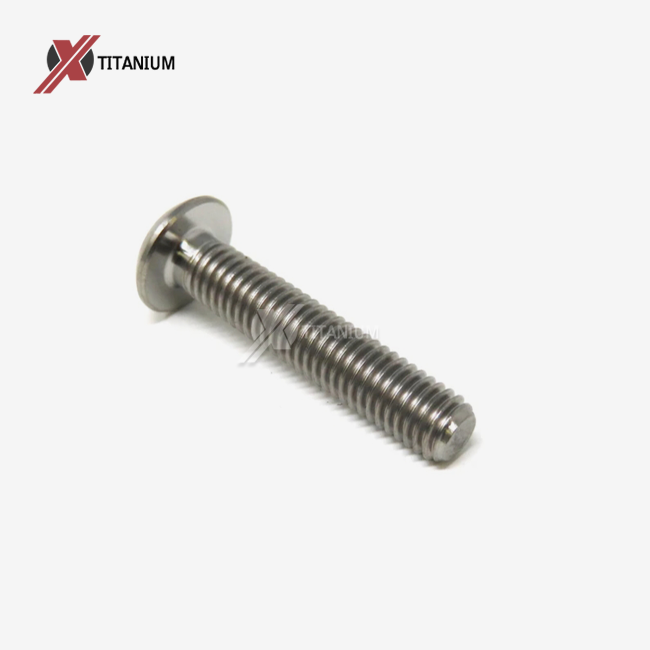
The Advantages of Titanium Button Head Bolts
Unparalleled Strength-to-Weight Ratio
Titanium button head bolts boast an impressive strength-to-weight ratio, making them a superior choice for applications where weight reduction is crucial. This characteristic is particularly valuable in aerospace and automotive industries, where every gram counts. The high strength of Grade 5 Titanium (Ti-6Al-4V) allows for smaller bolt sizes without compromising on performance, leading to overall weight savings in assemblies.
Exceptional Corrosion Resistance
One of the most remarkable properties of titanium button head bolts is their inherent resistance to corrosion. Unlike traditional steel fasteners, titanium bolts do not rust or deteriorate when exposed to harsh environments. This makes them ideal for use in marine applications, chemical processing plants, and medical implants. The corrosion resistance of titanium is due to the formation of a protective oxide layer on its surface, which continuously regenerates when damaged, providing long-lasting protection.
Biocompatibility and Non-Toxicity
Titanium's biocompatibility is a game-changer in the medical industry. Titanium button head bolts are non-toxic and do not cause adverse reactions when in contact with human tissue or bodily fluids. This property makes them the fastener of choice for surgical implants, prosthetics, and dental applications. The human body readily accepts titanium, reducing the risk of rejection and complications in medical procedures.
Surface Treatments for Titanium Button Head Bolts
Polishing: Enhancing Aesthetics and Functionality
Polishing titanium button head bolts serves both aesthetic and functional purposes. The polishing process removes surface imperfections, resulting in a smooth, shiny finish that enhances the bolt's appearance. This is particularly desirable in applications where the fasteners are visible, such as in high-end automotive or architectural designs. Beyond aesthetics, polished surfaces reduce friction, which can be beneficial in certain mechanical applications. The smoother surface also improves corrosion resistance by eliminating microscopic crevices where corrosive agents could potentially accumulate.
Anodizing: Adding Color and Durability
Anodizing is an electrochemical process that creates a protective oxide layer on the surface of titanium button head bolts. This treatment not only enhances the already impressive corrosion resistance of titanium but also allows for the addition of color. Anodized titanium bolts can be produced in a range of colors including gold, blue, green, purple, black, and even rainbow hues. The color is not a coating but an integral part of the oxide layer, making it highly durable and resistant to chipping or peeling. Anodizing also increases the surface hardness of the bolt, improving wear resistance.
Coating: Specialized Protection and Properties
While titanium button head bolts are naturally corrosion-resistant, certain extreme environments may require additional protection. Specialized coatings can be applied to further enhance the bolts' properties. For instance, PTFE (Teflon) coatings can be used to reduce friction and provide non-stick properties. Ceramic coatings can offer increased hardness and wear resistance. In some cases, coatings may be applied to alter the electrical conductivity of the bolt surface. The choice of coating depends on the specific requirements of the application, allowing for customization to meet unique environmental or performance needs.
Applications and Industries for Titanium Button Head Bolts
Aerospace: Pushing the Boundaries of Performance
The aerospace industry is perhaps the most prominent user of titanium button head bolts. In aircraft and spacecraft construction, every component must meet stringent standards for strength, weight, and reliability. Titanium bolts excel in this environment due to their high strength-to-weight ratio and resistance to extreme temperatures. They are used in critical areas such as engine mounts, wing attachments, and fuselage assemblies. The space sector also relies heavily on titanium fasteners for satellite components and space station modules, where the combination of low weight and high strength is paramount.
Marine and Offshore: Conquering Corrosive Environments
The marine industry presents some of the most challenging conditions for fasteners. Constant exposure to saltwater, varying temperatures, and high-pressure environments demand materials that can withstand corrosion and maintain structural integrity. Titanium button head bolts are extensively used in shipbuilding, offshore oil rigs, and underwater equipment. Their resistance to saltwater corrosion makes them ideal for hull fittings, propeller systems, and subsea structures. In these applications, the longevity of titanium bolts translates to reduced maintenance costs and improved safety.
Medical and Biomedical: Advancing Patient Care
In the medical field, titanium button head bolts play a crucial role in various implants and prosthetics. Their biocompatibility and strength make them ideal for orthopedic implants, dental implants, and surgical instruments. Titanium's ability to osseointegrate – where bone can grow directly onto the titanium surface – is particularly valuable in joint replacements and dental procedures. The non-magnetic nature of titanium also makes these bolts compatible with MRI machines, ensuring patient safety during imaging procedures.
Chemical Processing: Withstanding Aggressive Substances
The chemical processing industry often deals with highly corrosive substances that can quickly degrade standard fasteners. Titanium button head bolts offer exceptional resistance to a wide range of chemicals, including strong acids and chlorine compounds. This makes them invaluable in the construction and maintenance of chemical reactors, storage tanks, and piping systems. The use of titanium fasteners in these applications not only extends the lifespan of equipment but also enhances safety by reducing the risk of structural failure due to corrosion.
High-Performance Automotive: Driving Innovation
In the world of high-performance and racing automobiles, every gram matters. Titanium button head bolts find their place in engine components, suspension systems, and chassis construction. Their high strength allows for smaller bolt sizes, contributing to overall weight reduction without compromising safety. The heat resistance of titanium is particularly beneficial in engine applications, where temperatures can reach extreme levels. Additionally, the aesthetic appeal of polished or anodized titanium bolts makes them popular in custom car builds and showcases.
Renewable Energy: Powering a Sustainable Future
The renewable energy sector, particularly wind and tidal energy, benefits from the unique properties of titanium button head bolts. In offshore wind turbines, these fasteners resist the corrosive effects of saltwater spray while providing the necessary strength to withstand high winds and constant motion. Tidal energy systems, which operate in some of the most challenging marine environments, rely on titanium fasteners for their longevity and reliability.
Conclusion
Titanium button head bolts represent a pinnacle of fastener technology, offering an unparalleled combination of strength, light weight, and corrosion resistance. Their versatility is evident in the wide range of industries that rely on them, from aerospace to medical, and from marine to renewable energy. The ability to polish, anodize, or coat these bolts further extends their capabilities, allowing for customization to meet specific application requirements. As industries continue to push the boundaries of performance and durability, titanium button head bolts will undoubtedly play a crucial role in enabling technological advancements and innovations.
For those seeking high-quality titanium fasteners and expert guidance on their applications, Baoji Chuanglian New Metal Material Co., Ltd. stands ready to assist. With over a decade of experience in titanium product manufacturing and research, they offer a comprehensive range of titanium solutions. To learn more about their products or to discuss your specific needs, don't hesitate to reach out via email at info@cltifastener.com or djy6580@aliyun.com.
References
1. Peters, M., Kumpfert, J., Ward, C. H., & Leyens, C. (2003). Titanium alloys for aerospace applications. Advanced Engineering Materials, 5(6), 419-427.
2. Rack, H. J., & Qazi, J. I. (2006). Titanium alloys for biomedical applications. Materials Science and Engineering: C, 26(8), 1269-1277.
3. Donachie, M. J. (2000). Titanium: A Technical Guide. ASM International.
4. Boyer, R. R. (1996). An overview on the use of titanium in the aerospace industry. Materials Science and Engineering: A, 213(1-2), 103-114.
5. Fujishima, A., Rao, T. N., & Tryk, D. A. (2000). Titanium dioxide photocatalysis. Journal of Photochemistry and Photobiology C: Photochemistry Reviews, 1(1), 1-21.
Learn about our latest products and discounts through SMS or email
